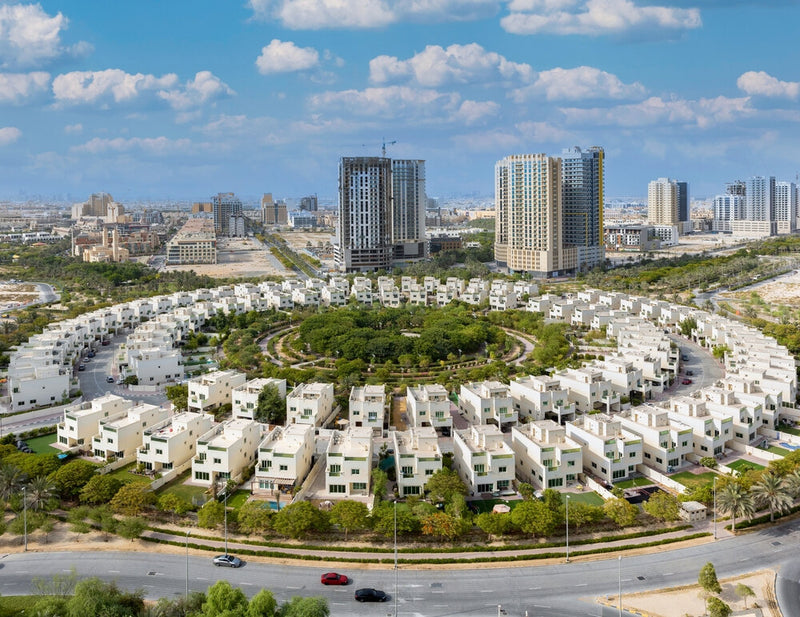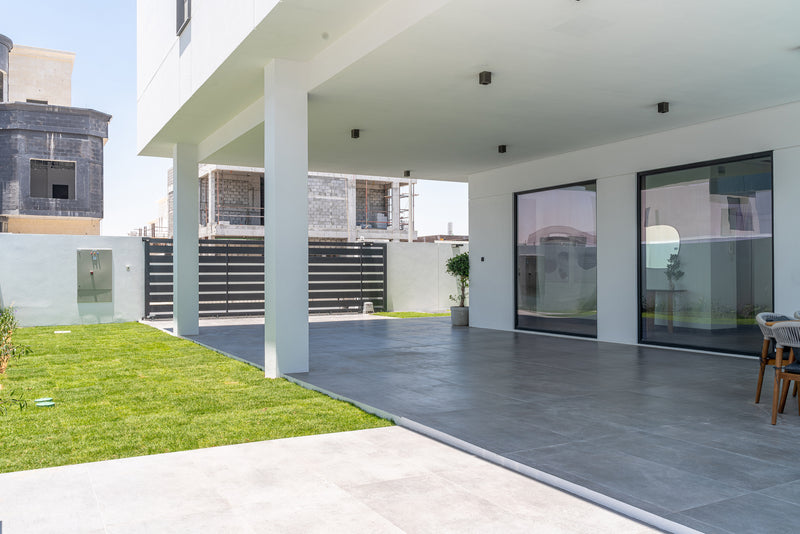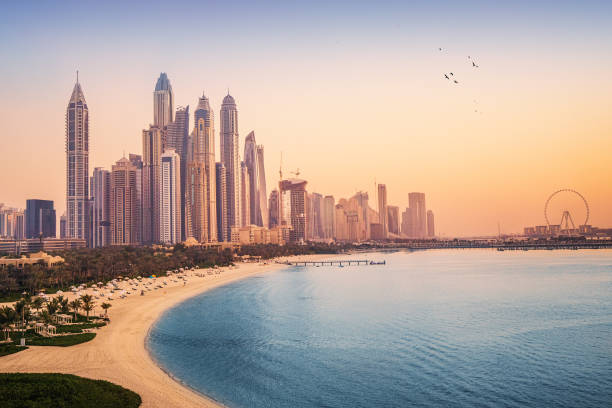
by Mohammad Altartouri
A Guide to Successful Real Estate Investment in Dubai
Dubai, a dazzling jewel amidst the Arabian Desert, beckons investors with its thriving property market. The city's skyline, adorned with gravity-defying architectural marvels, epitomizes its pursuit of grandeur. In this kaleidoscope of opportunities, Dubai's real estate market stands tall, fuelled by rising demand, booming tourism, and visionary urban planning. With fortunes waiting to be made, investing in this mesmerizing metropolis requires more than just faith. This guide unveils the key factors for success, offering valuable insights and strategies to navigate Dubai's real estate landscape. Join us as we embark on a journey to unlock the secrets of Dubai's golden sands and realize your real estate investment in Dubai dreams. What Makes Real Estate Investment in Dubai the Perfect Deal? Tax-Free City One of Dubai's key attractions for real estate investors is its tax-friendly environment. The city imposes no income tax, capital gains tax, or property tax on individuals. This favourable tax regime, combined with business-friendly policies, encourages investment and provides investors with significant financial advantages. Thriving Economy Dubai's cosmopolitan nature and vibrant cultural scene make it a melting pot of diverse communities. The city offers a high standard of living with world-class amenities, including top-notch education, healthcare, shopping, and entertainment options. The presence of renowned international brands, amazing luxury property Dubai ROIs, and a plethora of recreational activities contribute to a rich and fulfilling lifestyle. This combination of cultural diversity and quality of life elevates Dubai's appeal as an investment destination. World-Class Infrastructure and Iconic Property Developments Dubai is renowned for its cutting-edge infrastructure and iconic developments that continually redefine urban living. From the awe-inspiring Burj Khalifa, the world's tallest building, to the ambitious Dubai Creek Harbour project, the city showcases architectural marvels. Great ROI (Return on Investment) Top areas for rental home ROI in the UAE: Dubai Marina and International City. Dubai Marina: ROI of 7.04% for luxury apartments. International City: ROI of 9.22% for affordable segment flats. Jumeirah Village Circle: Attractive ROI of 6.9% for budget-friendly villas. DAMAC Hills: Rental yields of 6.95% for buy-to-let villas. How to Dive in the World of Real Estate Investment in Dubai? Understand the Dubai Real Estate Market Before diving into real estate investment in Dubai, it's crucial to understand the market dynamics. Dubai has a diverse property sector that includes residential, commercial, and hospitality segments. Familiarize yourself with market trends, demand-supply dynamics, and factors influencing property values. Stay updated with the latest market reports, investment forecasts, and emerging areas of growth. Set Investment Goals and Budget Define your investment goals and objectives clearly. Determine the type of property you want to invest in, such as residential apartments, buying villas, or commercial spaces. Assess your budget and identify how much you can comfortably allocate to real estate investment. Consider factors like financing options, potential returns, and risk tolerance to establish realistic goals. Research Property Hotspots Identify the prime property hotspots in Dubai. Areas like Downtown Dubai, Dubai Marina, Palm Jumeirah, and Business Bay have traditionally been popular. However, emerging areas like Dubai South and Dubai Creek Harbour offer promising investment potential. Analyse factors like infrastructure development, proximity to amenities, rental yields, and capital appreciation prospects while researching property hotspots. Engaging Reliable Real Estate Agents & Professionals Seek assistance from experienced real estate professionals who have in-depth knowledge of the Dubai market. Engage reputable real estate agency or agents, property consultants, or investment advisors. They can provide valuable insights, assist in property searches, and guide you through the buying process. Ensure they are licensed and well-versed in legal and regulatory requirements. Conduct Due Diligence Thorough due diligence is essential before making any investment decision. Verify the property's ownership, title deeds, and legal status. Evaluate the developer's track record, reputation, and financial stability. Review the property's condition, potential rental income, and maintenance costs. Additionally, be aware of any service charges, homeowners' association fees, or taxes associated with the property. Manage and Maximize Real Estate Investment in Dubai Once you acquire a property, consider your investment strategy. Decide whether you aim for long-term capital appreciation, rental income, or a combination of both. Efficiently manage the property by hiring professional property management services to handle tenant relations, maintenance, and rental collection. Regularly monitor the market and explore opportunities for portfolio diversification or property upgrades to enhance returns. How to Buy Property in Dubai? To buy property in Dubai, follow these steps: Research the market and set your budget. Engage a trusted real estate agent. Choose a property and make an offer. Sign a sales agreement and pay a deposit. Complete necessary legal documentation. Arrange to finance or make full payment. Transfer ownership and pay fees. Register the property with relevant authorities. Real estate investment in Dubai requires careful planning, research, and strategic decision-making. By following this guide, you can increase your chances of achieving successful real estate investment in this Dubai. Check out more interesting topics at GAMMA’s blog such as Unique Real Estate Opportunities in Dubai to increase your knowledge regarding the real estate market in UAE. Do not forget to stay tuned in for our latest Dubai real estate 2023 news and trends!






